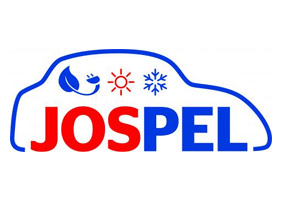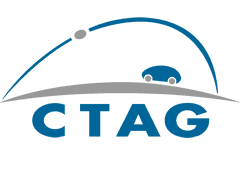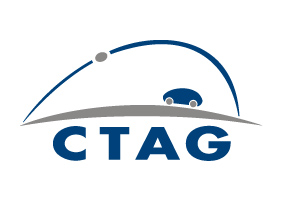Increasing the range of electric vehicles remains one of the biggest challenges in the automotive industry. On October 25th, JOSPEL will host a workshop where partners from three EU-funded projects – XERIC, OPTEMUS and JOSPEL – will present their latest innovations and technologies to improve energy efficiency in electric vehicles.
The workshop will take place at JOSPEL partner CTAG’s facilities in O Porriño, which is located in the Galicia region of Spain, and participation is FREE with online registration. The workshop will feature presentations from all three projects about the innovative technologies being applied to improve energy efficiency in electric vehicles, and it will also be possible to visit the JOSPEL demo lab.
Some of the key learning points of the workshop are:
- Novel energy efficient EV climate system
- Novel and innovative heating and cooling systems based on the use of Joule effect and Peltier cells respectively
- Integrated thermal management system
- Innovative battery pack with low energy consumption and thermal management elements
- “Demo lab” with real users for validating the user feeling of heating and cooling.
Working together on energy management
Like JOSPEL, XERIC and OPTEMUS are EU-funded projects that have taken up the challenge of systematic energy management in electric vehicles based on the integration of energy efficient components and sub-systems, and the three projects are working together in sharing experiences and approaches to saving the challenge:
- JOSPEL – Low energy passenger comfort systems based on the joule and peltier effects
- XERIC – Innovative climate control system to extend the range of electric vehicles and improve comfort
- OPTEMUS – Optimised energy management and use through a holistic, vehicle-occupant-centred approach
Who should attend?
The workshop will be particularly interesting to CEOs, Board Members, Department Heads, Project Managers, Engineers, and Scientists dealing with automotive interiors, automotive design, interior materials, R&D, thermal comfort, batteries, and electric vehicles, but it is open to anyone with an interest in innovative new technologies.
Practical information
The workshop will take on October 25th 2018 from 9.30 AM to 3.30 PM CET, and it will include lunch and the possibility of visiting the JOSPEL demo lab.
The address is: https://ctag.com/en/ctag/localizacion/
You can register here: https://www.eventbrite.com/e/jospel-workshop-innovative-research-to-improve-energy-efficiency-in-evs-tickets-42742956333

JOSPEL project has received funding from the European Union‘s Horizon 2020 research and innovation programme under Grant Agreement n° 653851










